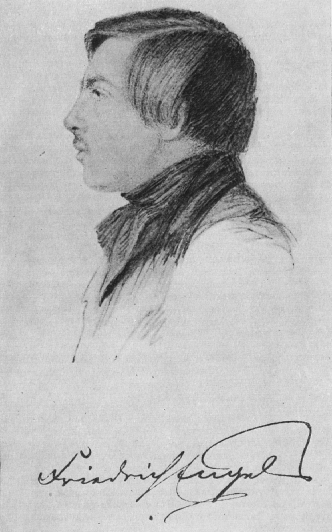
This idea of class conflict lies at the heart of socialism. Most modern nations don't believe in toppling the current capitalistic order but rather instituting socialist practices.Socialism includes the collective ownership of the means of production, central planning of the economy, and the emphasis on equality and economic security with the goal of reducing class distinctions.Karl Marx was the most prominent voice of socialism and believed the working class would rise up against the wealthy when faced with injustices.


Although Friedrich Engels is not so well known as Karl Marx, he had a considerable influence upon the formation of Socialist doctrines, and he played a significant part in Socialist propaganda in the second half of the nineteenth century.Įngels’s first visit to England, which took place between November 1842 and August 1844, marked the climax of the formative period of his career, during which he was preparing himself for his life’s work as a Socialist agitator.Įngels’s apprenticeship in Manchester-for it was there that he spent nearly the whole of his time-was important for two reasons.

Few intellectual partnerships can have had such momentous results as that of Marx and Engels, the fathers of “scientific” socialism and communism.


 0 kommentar(er)
0 kommentar(er)
